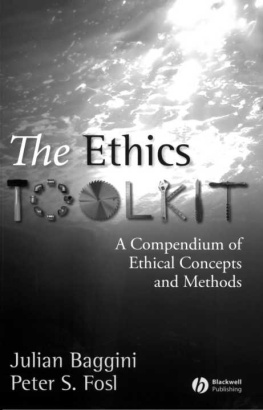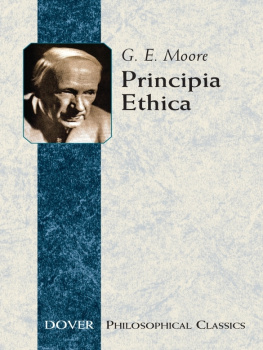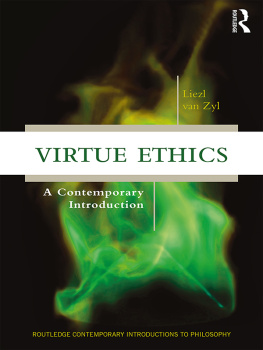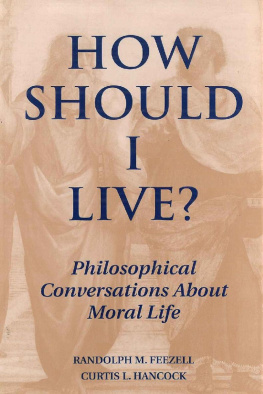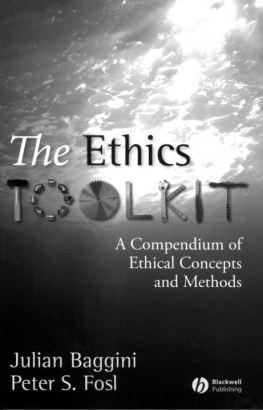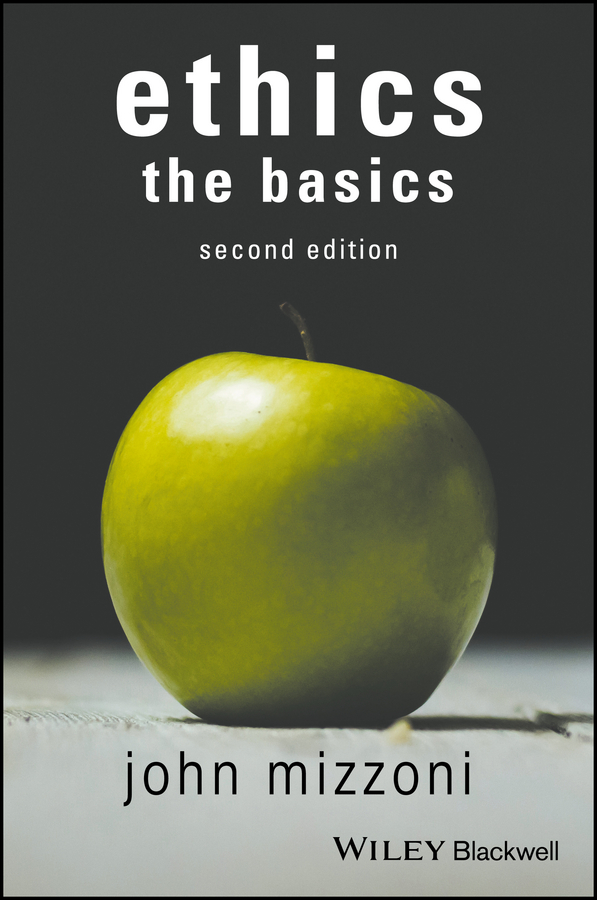
Table of Contents
List of Illustrations
- Chapter 01
- Chapter 02
- Chapter 03
- Chapter 04
- Chapter 05
- Chapter 06
- Chapter 07
Guide
Pages
Ethics: The Basics
Updated and revised, Ethics: The Basics, Second Edition introduces students to a rich variety of ethical concepts, principles, theories, and traditions while providing them with the conceptual tools necessary to think critically about ethical issues.
Presented in a convenient, readerfriendly format, chapters lay out the foundation of the discipline while introducing a series of living ethical traditionseach with its own associated set of ethical concepts and principles. Major questions and core ideas are considered from the perspective of different historicallyinfluenced philosophical approaches to ethics, including virtue, natural law, social contract, utilitarian, deontological, and care ethics. In addition, the volume reviews several western and nonwestern ethical traditions, along with selected religious interpretations of ethical principles, and includes a variety of supplementary materials to reinforce concepts and aid in comprehension.
Retaining all of the core elements and features that have earned Ethics: The Basics its place as one of the most popular and accessible texts for introductory ethics courses, Mizzoni has also added several new features to this edition, including a series of boxed inserts highlighting various concepts and arguments, problems, and meticulouslycurated lists of related online resources. Ethics: The Basics, Second Edition provides students with a solid foundation of fundamental principles, along with the valuable criticalthinking skills necessary to navigate the moral quandaries of todays complex world.
Ethics
The Basics
Second Edition
John Mizzoni
This second edition first published 2017
2017 John Wiley & Sons Ltd
Edition history: John Wiley & Sons Ltd (1e, 2010)
All rights reserved. No part of this publication may be reproduced, stored in a retrieval system, or transmitted, in any form or by any means, electronic, mechanical, photocopying, recording or otherwise, except as permitted by law.Advice on how to obtain permision to reuse material from this title is available at http://www.wiley.com/go/permissions.
The right of John Mizzoni to be identified as the author of this work has been asserted in accordance with law.
Registered Offices
John Wiley & Sons, Inc., 111 River Street, Hoboken, NJ 07030, USA
John Wiley & Sons Ltd, The Atrium, Southern Gate, Chichester, West Sussex, PO19 8SQ, UK
Editorial Office
350 Main Street, Malden, MA 021485020, USA
For details of our global editorial offices, customer services, and more information about Wiley products visit us at www.wiley.com.
Wiley also publishes its books in a variety of electronic formats and by printondemand. Some content that appears in standard print versions of this book may not be available in other formats.
Limit of Liability/Disclaimer of Warranty
While the publisher and author have used their best efforts in preparing this book, they make no representations or warranties with respect to the accuracy or completeness of the contents of this book and specifically disclaim any implied warranties of merchantability or fitness for a particular purpose. It is sold on the understanding that the publisher is not engaged in rendering professional services and neither the publisher nor the author shall be liable for damages arising herefrom. If professional advice or other expert assistance is required, the services of a competent professional should be sought.
Library of Congress CataloginginPublication data applied for
Paperback ISBN: 9781119150688
Cover Image: Holly Mindrip/unsplash.com
Cover Design: Dennis Mizzoni and Wiley
Ethics SelfOrientation
I. The General Nature of Ethics
Read each of the statements below and score it with a number between 0 and 10, with 0 being totally disagree and 10 being totally agree.
- ____ There are some universal ethical values.
- ____ We cant just ask if something is good/evil/right/wrong; we must always ask, `good/evil/right/wrong where, when, and for whom?
- ____ Right/wrong is always a function of a societys beliefs and no more than that.
- ____ There arent any universal ethical values.
- ____ Ethical values and principles have a deeper source than simply a societys collective beliefs.
- ____ There are some unchanging ethical standards, some things are just good and other things are just evil.
Scoring for the General Nature of Ethics
| A | B |
| 1. ___ | 2. ____ |
| 5. ____ | 3. ____ |
| 6. ____ | 4. ____ |
| _____ | + | 40 | _____ | = | ________________________ |
| Total | Total | General Nature of Ethics Total |
If your General Nature of Ethics Total score is between 50 and 70, you seem to believe in Ethical Universalism.
If your General Nature of Ethics Total score is between 10 and 50, you seem to believe in Ethical Relativism.
II. Practical Ethics: How do you think you should decide whether what you are doing is ethical or not?
Read each of the statements below and score it with a number between 0 and 10, with 0 being totally disagree and 10 being totally agree.
- ____ I should make sure I am not doing a bad action hoping that good will come out of it.
- ____ I should look to see whether I am caring for those with whom I am in close relationship.
- ____ I should look to see if I am destroying human goods or values.
- ____ I should look to see how deeply rooted in care my action is.
- ____ I should look to see that I am acting in accord with human nature.
- ____ I should look to what kind of person I want to be.
- ____ I should ask whether it would be reasonable and rational for someone to agree to follow this moral rule.
- ____ I should attend to the needs of those it is in my power to help.
- ____ I should look at my action and make sure it is respectful of persons and their rights.
- ____ I should look to see what outcome my action will have on all who will be affected by it.
- ____ I should look to see if others are also willing to agree to follow this moral rule.
- ____ I should ask `what kind of person would do this?
- ____ I should look to see whether I am preserving human goods and values.
- ____ I should check whether what I am about to do will bring about the greatest happiness for the greatest number.
- ____ I should look to see what my duties are, and not focus on the outcome of my action.
- ____ I should attend to the rules that are necessary for social living.
- ____ I should ask `what character trait am I exhibiting if I do this?
- ____ I should look to see if my motive is to seek goodness for goodnesss sake.
- ____ I should look to make sure that the end will justify the means.
- ____ I should think about how I would like to be remembered.
- ____ I should examine if my action will have the best consequences for all concerned.
Next page


